L.L. Richman writes fast, tactical sci-fi with brains behind the bullets. With a background in radiation physics, experience in film and video, a pilot’s license, and ties to the special forces world, Richman brings gritty realism and grounded science to every page.
In this spotlight, we talk about Battlefield Diplomacy 3: Insurrection, the latest in Richman’s high-stakes sci-fi series. From grounded science to emotional depth, Richman shares what goes into creating futures that feel both thrilling and disturbingly plausible.

Your books often feature high-stakes missions, but here, the threat feels even more existential. How did you approach escalating the tension and emotional weight in this final installment without losing that boots-on-the-ground immediacy?
I do my best to stay fully immersed in each character’s head, no matter how great or small the stakes might be. The more I can channel their emotions, their reactions, the more visceral it feels. Hopefully that translates to a deeper connection for the reader, and a better reading experience overall.
I can think of one real-life example that perfectly captures this concept. It’s the pivotal moment in the Battle of Antietam (big stakes) with the commander of the Union Army, General McClellan (one man, boots-on-the-ground).
McClellan was handed something incredible: a copy of the confederate army’s battle plan, Special Order 191— something any military leader would kill to have! And he still couldn’t stop them. I heard someone once say that “a blind man on a one-legged horse could have won the war that day… but it was McClellan, so nope.”
Those are the kinds of stories I like to tell. No matter how epic the threat, it can still boil down to a single critical decision, good or bad.
The Ishumi Order’s endgame goes far beyond power—they are willing to wipe out entire species to achieve their goal. What inspired this particular antagonist, and what did you want to explore through their ideology and tactics?
That came from an earlier series I wrote, in the same universe. In Vision Rising (Joe Kovacs’ story), I came up with the idea that in the distant past, a squadron of Oniki soldiers had volunteered to be augmented. These Ishumi, as they were called, were formidable. The Oniki became afraid that their creation would become a threat, so they programmed a compulsion into them. Eventually, the Ishumi were freed from this compulsion.
In Battlefield Diplomacy, a rogue Ishumi arises. He’s xenophobic, a racial ‘Oniki purist.’ In his bid to restore the ancient world order, he raises an army by reinstating the compulsion.
I didn’t have to look very hard to find real-world situations to draw from. History is filled with massacres, pogroms, and attempted genocide. And on that cheerful note… next question?
Matt Whitaker’s arc spans political machinations, combat, and personal risk. What evolution or reckoning did you most want to show for him in this final chapter?
Matt’s story was important for me to tell. From the beginning scene, the reader knows that he struggles with PTSD. I wanted to handle that carefully and with great respect. It was also important for me to convey that this wasn’t a fairytale ending.
Yes, the good guys won. Yes, there is closure. But PTSD isn’t always the kind of thing that you can fully resolve; there can be flashbacks, flare-ups. It was important to me that the ending not be tied up in a nice, tidy ribbon with a bow on top. I wanted reality, not a fairytale happily-ever-after.
Matt ends up in a positive place with a fantastic future ahead of him, but the streets aren’t paved with gold… yet. Having said that, readers won’t be disappointed in how I wrapped up the story arc. The bad guys came to a very satisfying end.
The Oracle’s cryptic warning plays a pivotal role. Without giving too much away, what appeals to you about blending prophecy or mysticism with grounded, science-forward fiction?
Funny thing about that… it’s not mysticism. It was to the Oniki, because the science behind the Oracle’s implant was lost to antiquity. Of course, the whole ‘Oniki science’ thing is fiction, because, you know… aliens.
But the capabilities I gave the Oracle are somewhat based on real science.
Over the past twenty years, neuroscience has made some big leaps in understanding cognition and the predictive brain. One of the pioneers in neuroscience, Dan Siegel, calls the human brain ‘an anticipation machine.’ It’s fascinating stuff.
Your question highlights one of the things that I enjoy most about writing these stories: taking current science and extrapolating from there. What we know is possible may take a generation or more before it’s feasible. Discoveries can outpace manufacturing capability by years, sometimes even decades.
As a pilot and someone with connections to the special forces world, how do those real-world experiences shape your approach to writing fictional strategy, tactics, and leadership under pressure?
There are two aviation tenets that I learned a long time ago that come into play in my stories, even if they’re never overtly mentioned.
The first one is a fundamental principle drilled into every student pilot by their instructors: Aviate, Navigate, Communicate. It’s the only way to stay alive in an emergency, and it’s non negotiable: First, fly the plane. Second, figure out where you are. Then you communicate.
The second is the OODA Loop (Observe • Orient • Decide • Act), a concept from the USAF dating back to the 1950s. Like the first, it’s a decision loop you use to evaluate your situation and adjust accordingly.
Breaking these can create havoc and get characters into hot water. That’s always fun to write.
As for my ties to the SOF community? That keeps me honest. They’re my first line of defense against unforgivable errors!
Battlefield Diplomacy is built on a premise of uneasy alliances and fragile diplomacy. What questions or conflicts about interspecies cooperation were you most excited to dig into with this series?
I often turn to history when I write about conflict. And because ‘humans are going to human,’ there’s no end of subject matter to draw from, too. In this series, the biggest conflict was the Ishumi’s programmed ‘fear of the other.’
This wasn’t entirely inspired by history, though. In part, it came from a research paper. An experiment was conducted on mice in 2013 that demonstrated how trauma can cause epigenetic changes in offspring. Translation: trauma can be inherited.
Here’s a fictional example that sums up the study: Say your dad nearly drowned as a child. You never met your dad because he died before you were born, and your mom was unaware of his past. But for no discernible reason, you’re deathly afraid of the water. According to this study, this fear might not be idiopathic or irrational. It could have been genetically passed down from your dad. Pretty strange to consider, isn’t it?
With this being the finale, how did you approach the challenge of closing narrative arcs while still keeping readers on edge until the very end?
That’s why I keep things simple: an epic story, told from the POV of a very few. I don’t often write stories with a ‘cast of thousands’ for that very reason.
Closing out narrative arcs takes a lot of planning, and the more story threads you have dangling, the harder it is to weave them all together. They need to be paced just right so that they come together at a single point in time—that one big, climactic moment.
It’s a lot of work, and not just for the author. I also think those threads can be exhausting for a reader to track.
I have written a few ‘cast of thousands’ series in the past, but haven’t done that for about a decade.
Reflecting back on the series as a whole, were there any scenes that surprised you as you wrote them—moments that landed more powerfully or unexpectedly than you’d anticipated?
I was about halfway through book one when I realized that one of the principal characters could be used to create a surprise twist. That was unexpected for me, and the scene ended up packing a pretty strong gut punch.
But there aren’t usually very many. I’m a plotter, not a pantser. Sometimes that can be its own special brand of torture: I can see the climactic ending from here… and there are so many chapters between where I am now and where I want to be!
Also, Chaos was an absolute blast to write, and so unpredictable. I guess you could say that his antics sometimes took me by surprise. Personally, I never saw the guy as a bull rider…

What’s one piece of tech in Battlefield Diplomacy you’d steal if you could?
Magnetic tunnels that act like bullet trains crisscrossing the solar system would be pretty cool. I could get used to reaching Mars in a little over 8 minutes.
The Oniki in three words?
Creepy. Endearing. Incomprehensible.
Hardest scene to write in the finale?
Hands down, the tunnel fighting. That was like playing Tetris. It required math to map out the distances at relativistic speeds so that it was remotely plausible — and so that certain readers wouldn’t call me on it!
Check out L.L. Richman’ Battlefield Diplomacy series on Amazon
A lone soldier must save humanity from the remnants of a vicious alien enemy bent on revenge.
A fragile alliance. A stolen weapon. A war for Humanity’s future.
Special Forces operator Matt Whitaker survived the Oniki War — but only just. Now the war is over, and a tenuous peace has been struck.
When weapons plans are stolen from an Oniki shipyard and all evidence points to human involvement, tensions flare, threatening that hard-won peace. Whitaker is the only person with the knowledge and experience to uncover the truth.
Still recovering from his injuries, he is forced to face his demons, and charge back into the fray.
His orders are clear: uncover the truth and exonerate humanity. But the mission unearths more than just stolen plans, and what Whitaker discovers is worse than anyone could have imagined.
Now, the fate of both civilizations rests on his shoulders… and time is running out. Can one soldier save humanity from a second, and final, war?

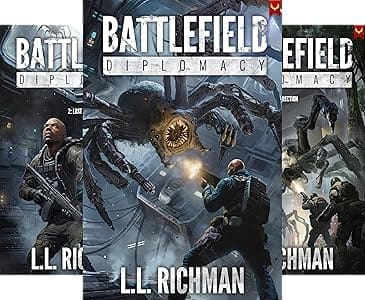
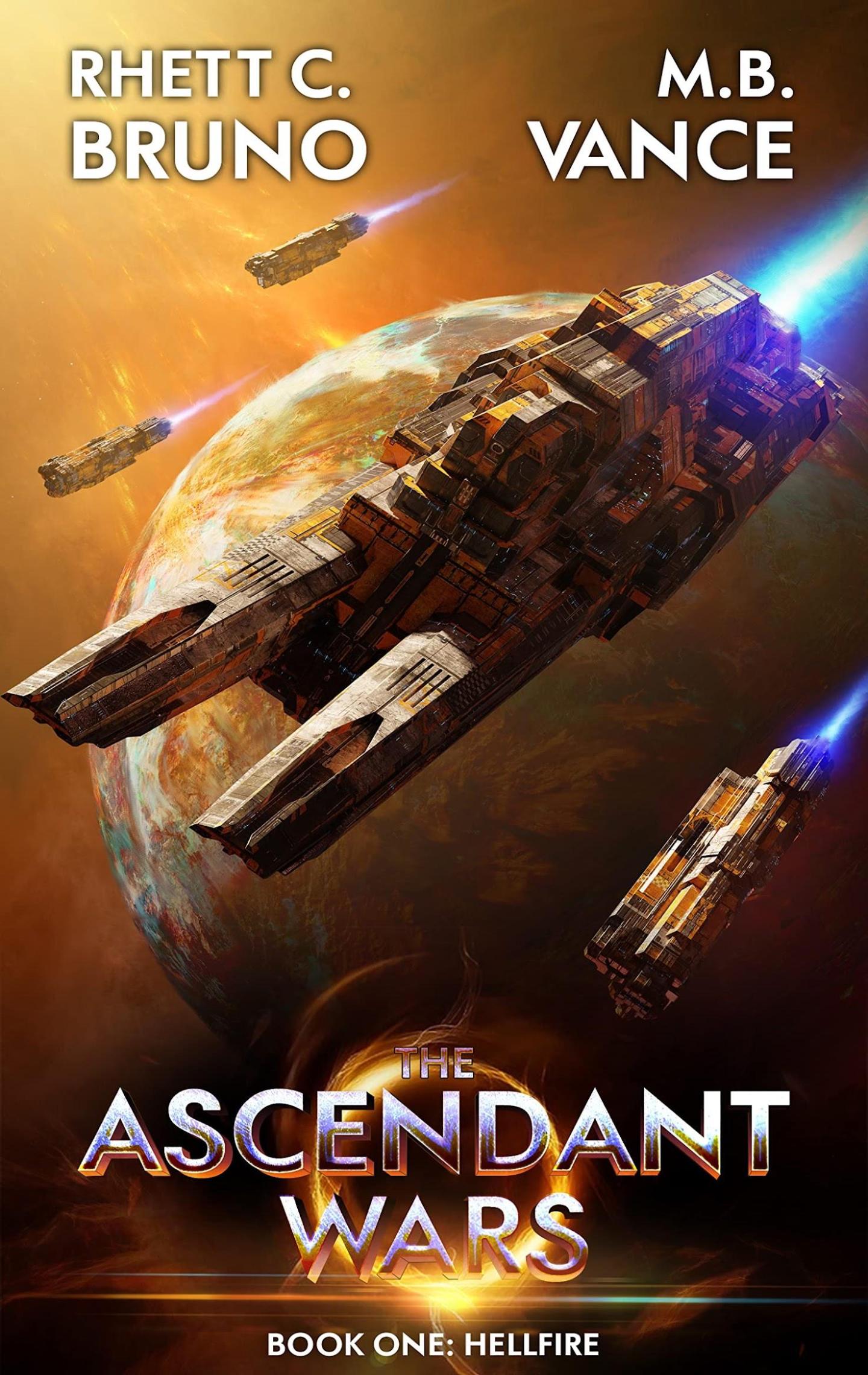
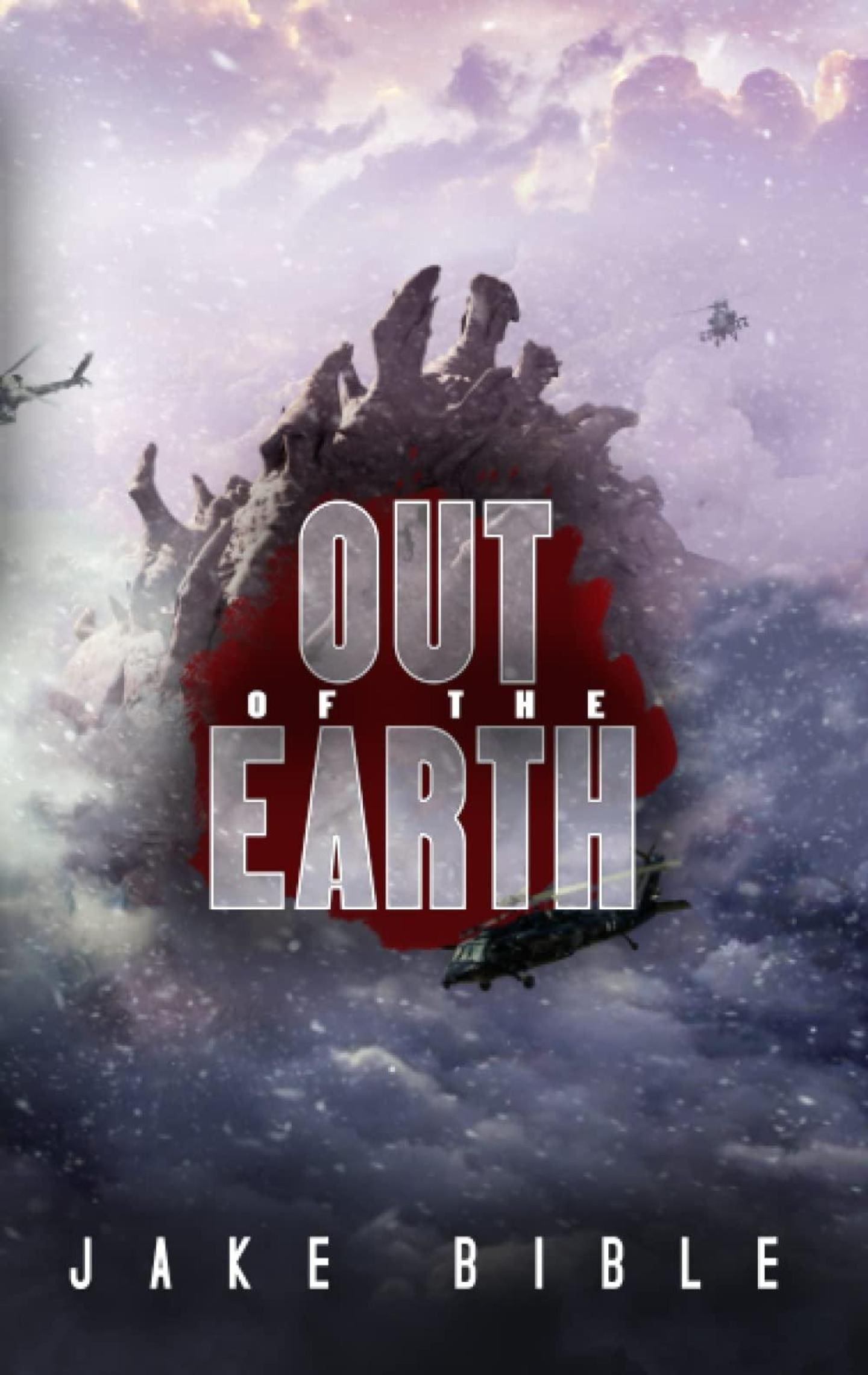
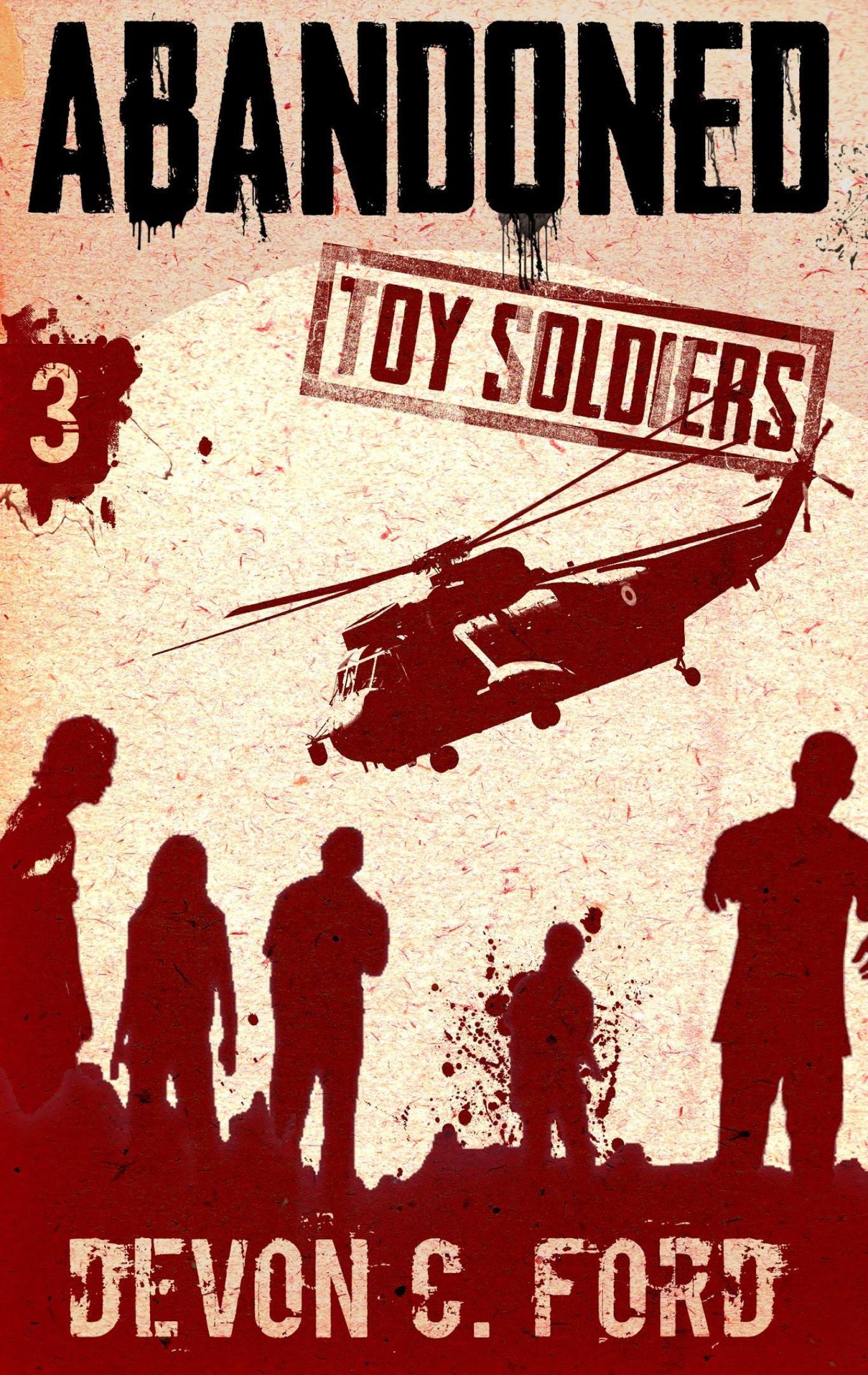
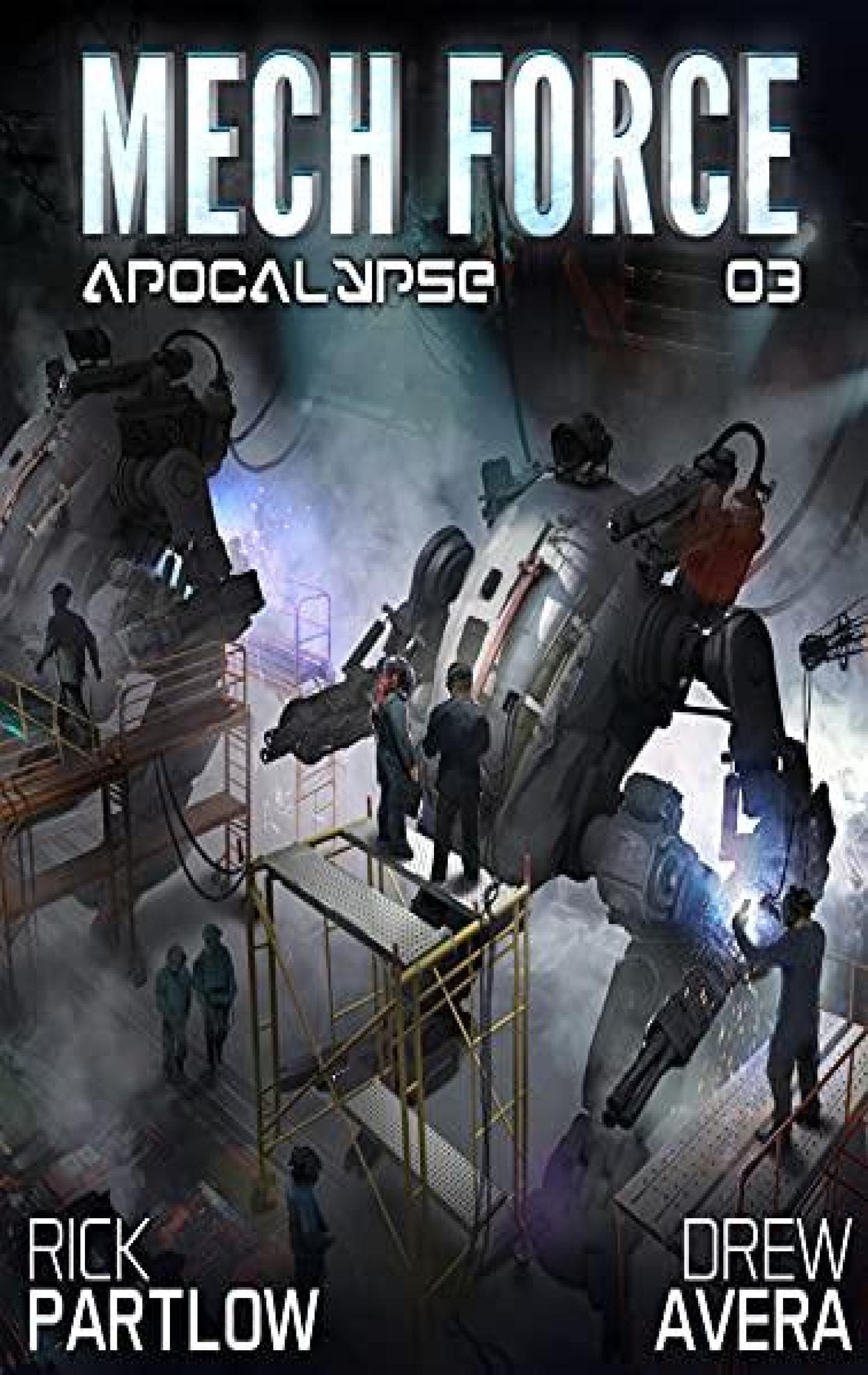
The Oniki oracle twist is one of your best… Which is saying a LOT.